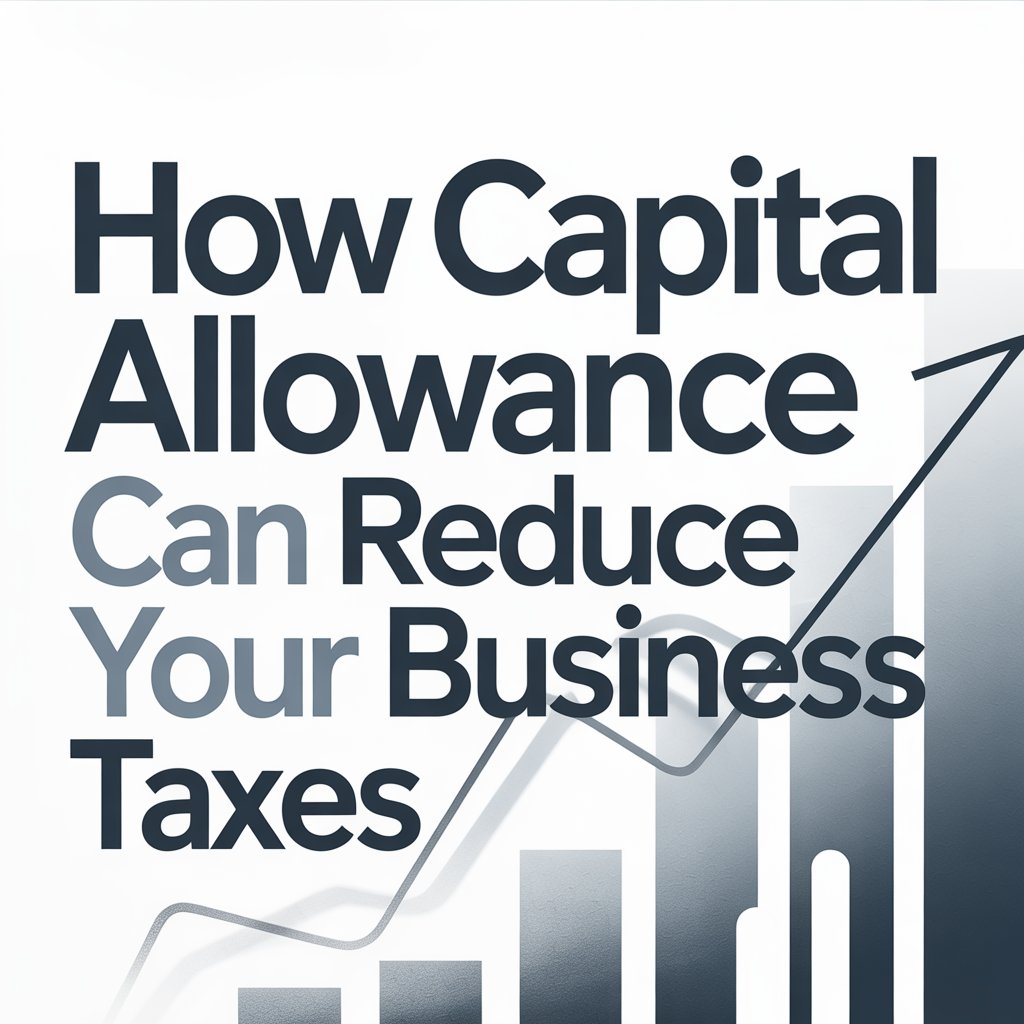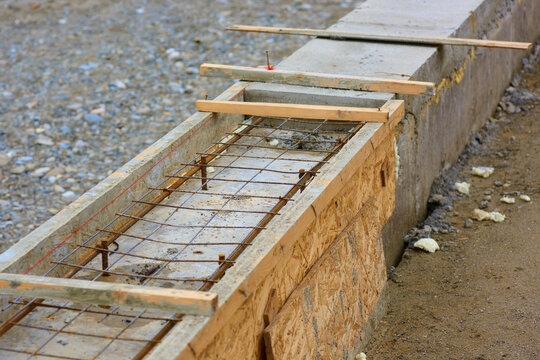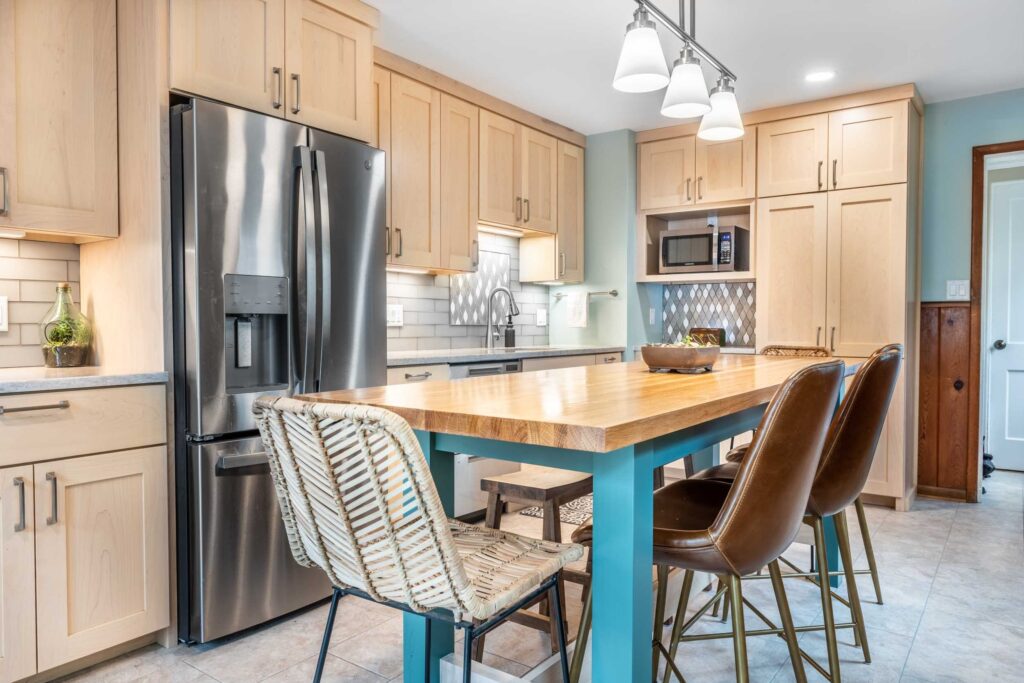As a landlord in Brisbane, you’re probably already aware of the key benefits rental properties offer—consistent cash flow, long-term capital growth, and the potential for significant tax deductions. However, one of the most overlooked but highly valuable deductions available to property investors is depreciation of rental properties. Understanding how depreciation works, what you can claim, and how to maximize its benefits can dramatically improve your property’s profitability and your overall tax position. Additionally, ensuring the property undergoes professional bond cleaning can help maintain asset value and make the property rent-ready faster, complementing your depreciation strategy. In this guide, we’ll take a deep dive into the depreciation of rental properties, specifically tailored for Brisbane landlords.
What Is Property Depreciation?
Depreciation is the gradual decline in value of an asset over time due to wear and tear, age, or obsolescence. For rental property owners, the Australian Taxation Office (ATO) allows you to claim this decline in value as a tax deduction.
There are two main types of depreciation landlords can claim:
- Capital Works Deductions (Division 43)
This refers to the depreciation of the building structure and fixed assets such as walls, flooring, and roofing. Properties built after 16 September 1987 are eligible to claim capital works deductions. - Plant and Equipment Deductions (Division 40)
These cover removable or mechanical assets like ovens, dishwashers, carpets, air conditioners, and blinds. However, changes introduced in 2017 restrict claims on second-hand items unless the property was acquired before the rule change or the property is brand new.
Why Depreciation Matters for Brisbane Landlords
Brisbane is a rapidly growing metropolitan area, with new developments, townhouses, and apartment blocks springing up across suburbs like Chermside, South Brisbane, and Carindale. If you’ve invested in newer properties or carried out renovations, you’re likely eligible for significant depreciation claims.
Here’s why understanding depreciation of rental properties is crucial:
- Lower Taxable Income: Depreciation is a non-cash deduction, meaning it reduces your taxable income without affecting your actual cash flow.
- Improved Cash Flow: With a lower tax bill, your net rental income improves, making your investment more sustainable.
- Maximised Returns: Accurately claiming depreciation allows you to unlock the full financial potential of your property portfolio.
- Better Property Maintenance: Coordinating regular maintenance and services like bond cleaning at the end of each tenancy helps preserve the property’s condition, supporting long-term value and smoother transitions between tenants.
What Can Be Claimed?
Let’s break it down into the two components:
1. Capital Works (Division 43)
Capital works deductions are usually calculated at a rate of 2.5% per annum over 40 years. You can claim this on:
- Residential buildings constructed after 16 September 1987
- Renovations made to kitchens, bathrooms, patios, or garages
- Structural improvements such as fences, driveways, or retaining walls
If you’ve recently bought a property that was previously renovated—even by a previous owner—you may still be eligible to claim deductions, provided the renovation cost can be reasonably estimated.
2. Plant and Equipment (Division 40)
Brisbane landlords can also claim depreciation on assets like:
- Hot water systems
- Smoke alarms
- Washing machines and dryers (if supplied)
- Ceiling fans
- Curtains and blinds
However, if the property was purchased second-hand after 9 May 2017, you cannot claim depreciation on existing plant and equipment. But brand-new assets installed after acquisition remain eligible.
Getting a Tax Depreciation Schedule
To ensure you’re maximising your claims, it’s essential to obtain a tax depreciation schedule prepared by a qualified quantity surveyor. These professionals are recognised by the ATO for estimating construction and renovation costs.
Why You Need One:
- Accuracy: A tailored report will list all depreciable assets, their values, and how much you can claim each year.
- ATO Compliance: Ensures your claims meet current tax regulations and withstand scrutiny during audits.
- Longevity: The report remains valid for up to 40 years, saving time and money in the long run.
Numerous Brisbane-based quantity surveyors offer services specifically for landlords. Look for providers who offer fixed pricing, property inspections, and support for multiple properties if you’re a portfolio investor.
When to Get a Depreciation Report
Ideally, you should organise a depreciation schedule soon after settlement or completing a renovation. Even if you’ve owned your property for several years, you may be able to backdate claims by amending previous tax returns, subject to ATO limitations. If you’re planning renovations or updates before leasing your property, notify your quantity surveyor so they can accurately capture asset values.
Brisbane-Specific Considerations
As a landlord in Brisbane, keep the following in mind:
- New Developments: Suburbs such as North Lakes, Coorparoo, and Springfield are booming with brand-new dwellings, maximising potential depreciation benefits.
- Flood-Prone Zones: If your property is in a flood-risk area, be cautious with plant and equipment depreciation—replacements may occur more frequently.
- Strata Properties: If you own an apartment, you can claim a portion of common area depreciation (e.g., lifts, gyms, pools) through your share of the strata plan.
Common Mistakes to Avoid
- DIY Estimates: Landlords are not permitted to estimate depreciation themselves—this can result in rejected claims or audits.
- Missing Renovation Details: Failing to report renovations, especially from previous owners, can lead to missed deductions.
- Relying on Accountants Alone: While your accountant lodges your return, they rely on reports from quantity surveyors to claim depreciation correctly.
Final Thoughts
The depreciation of rental properties is one of the most powerful tax advantages available to Brisbane landlords. Whether you own a modern apartment in the CBD or a newly renovated home in the suburbs, claiming depreciation can significantly improve your investment’s profitability. The key is to engage with a trusted quantity surveyor early, maintain accurate records of renovations and purchases, and ensure your accountant integrates your depreciation schedule into your annual tax return. Additionally, organising professional bond cleaning service at the end of a tenancy helps preserve the property’s condition, ensuring it’s inspection-ready for new tenants and supporting long-term asset value. As Brisbane continues to grow and attract new residents, smart landlords who take full advantage of depreciation will be best placed to maximise their returns and build wealth over time.






